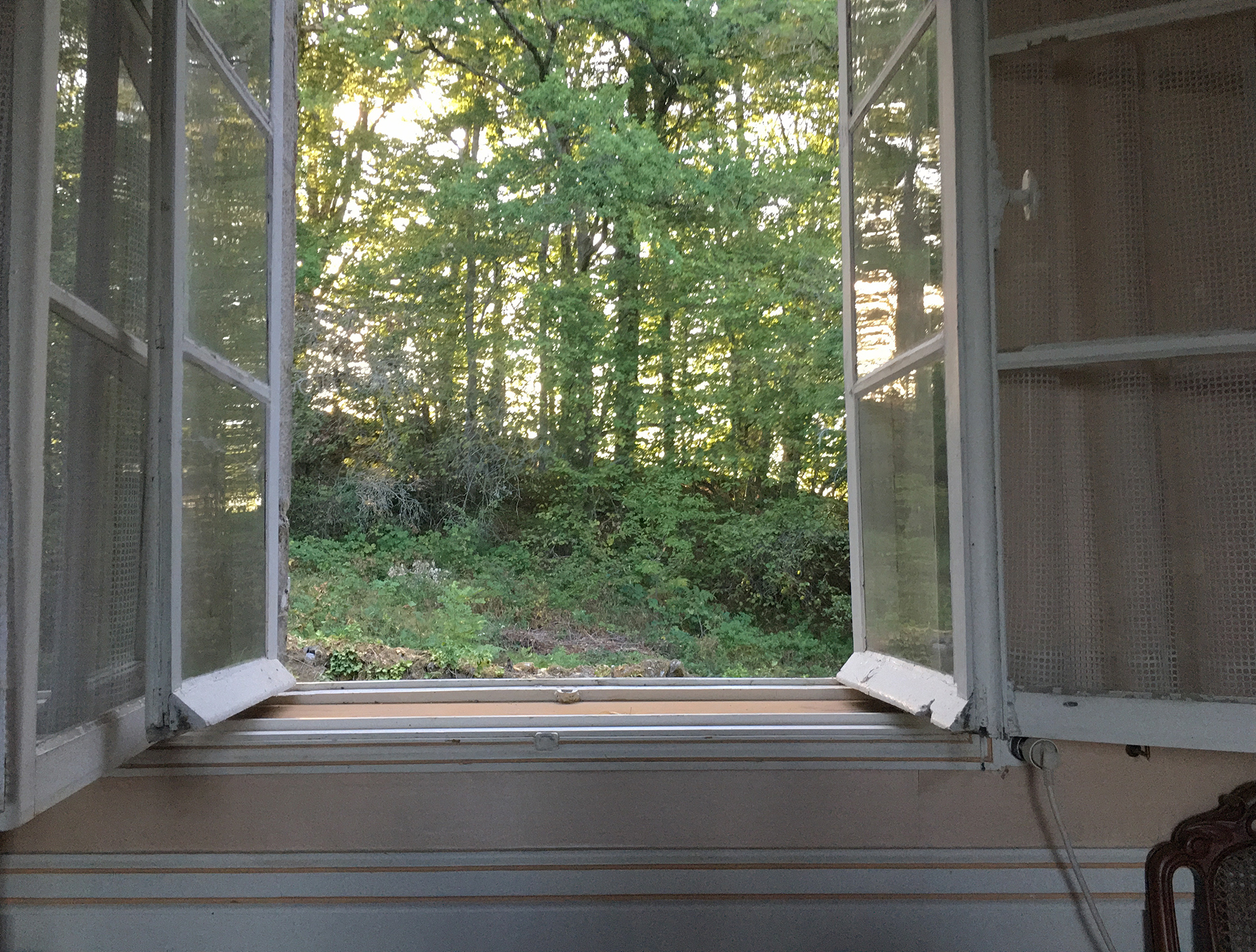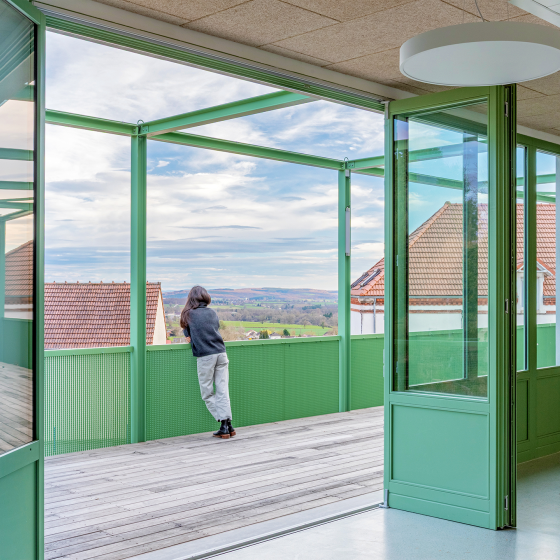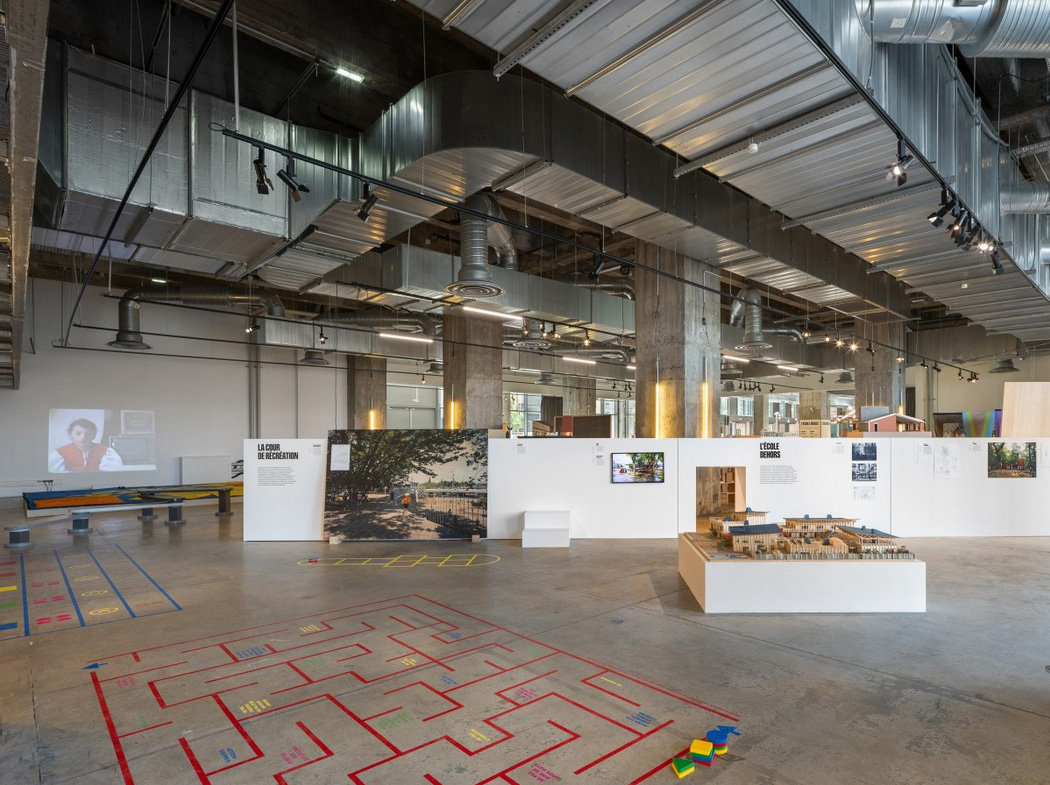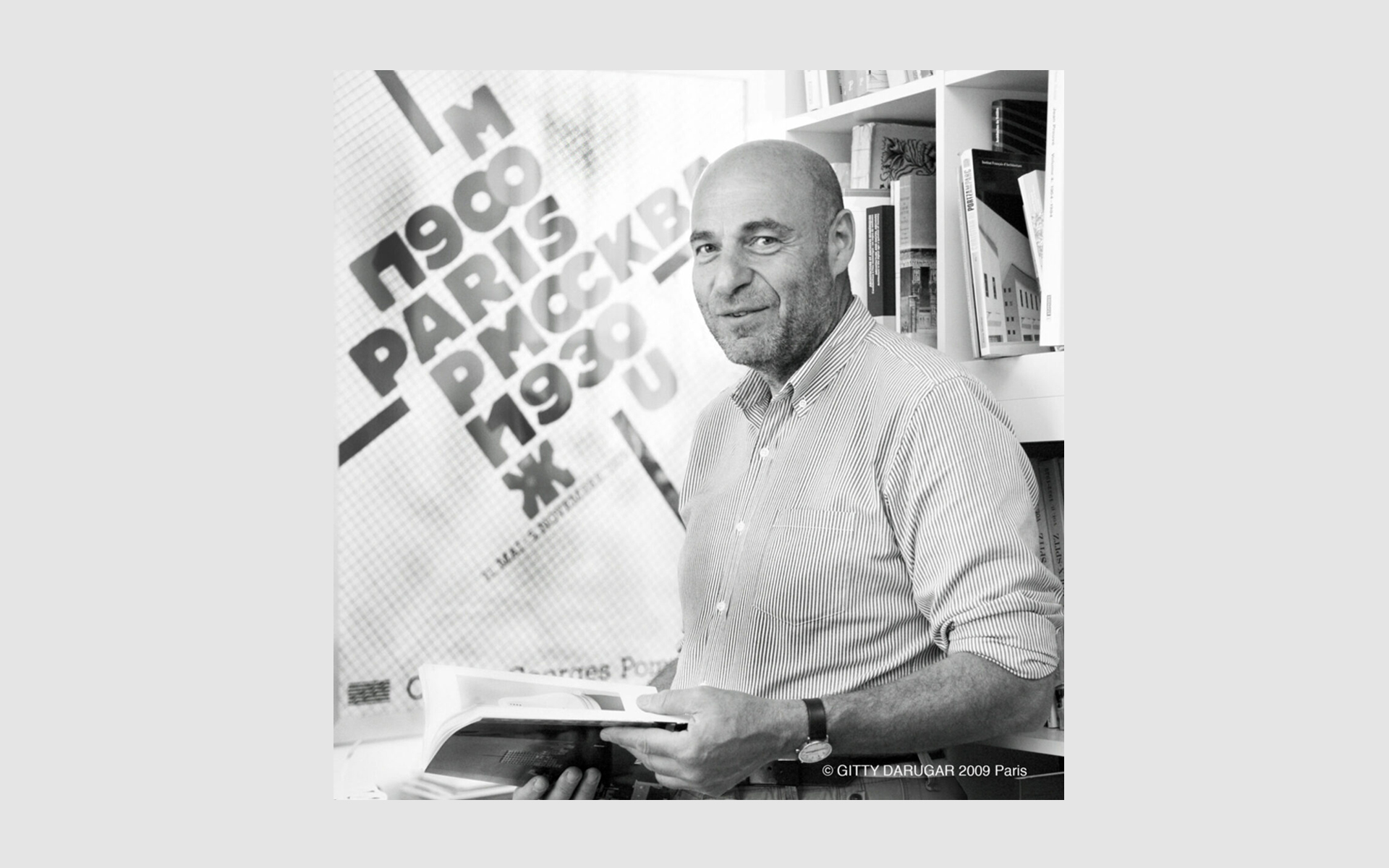The symbiotic hypothesis. Ecology, architecture, philosophy

© Xavier Bonnaud
Human settlement, through its lifestyles and development cultures, is today weighing on the planet to the point of destroying, at an alarming rate, the amenities of the Earth system and the possibility of a habitable future. This mechanism of desolation and atrophy of living environments worries us and mobilizes us: it engages us in an intellectual project that requires intense synergies between disciplines.
This international colloquium aims to mobilize three of them – ecology, architecture and philosophy – around a hypothesis that envisages the symbiotic quality of relationships between stakeholders as a contemporary condition for architectural action.
It is the fruit of collaboration between several partners and their scientific and financial support: the Gerphau research team, ENSA Paris-la Villette, ENSA Nantes, PUCA, the ARENA research network, the Cité de l’architecture et du patrimoine and the French Ministry of Culture.
This mechanism of desolation and atrophy of living environments worries and mobilizes us: it engages us in an intellectual construction site that requires intense synergies between disciplines. This international colloquium aims to mobilize three of them – ecology, architecture and philosophy – around a hypothesis that envisages the symbiotic quality of relationships between stakeholders as a contemporary condition for architectural action.
How can we better understand and contribute to mutually beneficial relationships between forms of life (their organizations, their material and social foundations) which, however different, share decisive interdependencies, vulnerabilities and vitalities?
It’s a material, relational, cultural and theoretical issue, and a multi-disciplinary one at that. It’s also part of the paradigmatic movements around the new environmental and ecological humanities.
The notion of symbiosis makes it possible to question, in terms of their possible mutual benefits, the skills of links and organizations that living beings invent, in intimate and lasting ways. It opens the way to investigations and offers insights and reflections on the diversity of heterospecific interactions, enabling us to better understand the diversity of temporal frameworks, shared benefits and rivalries of ongoing associations.
We propose to explore this symbiotic hypothesis from the point of view of architecture – an inviting power, but also a discipline which, in its own ethics, is even more concerned today than in the past with the potentiality and destruction of building – by means of three sequences of questions.
Free event with registration
Event
 fromto
fromtoThe missing link - a new railroad line between Colmar and Freiburg im Breisgau
 fromto
fromtoYoung Architects and Landscape Architects Albums 2023
 The
TheThe Unknown Man of the Great Arch
 fromto
fromtoThe ideal school
 The
TheRencontres Jean-Louis Cohen #2: Interurbanity
 The
TheLaunch party: "Dieu & Cie", a monograph on the work of François Dallegret